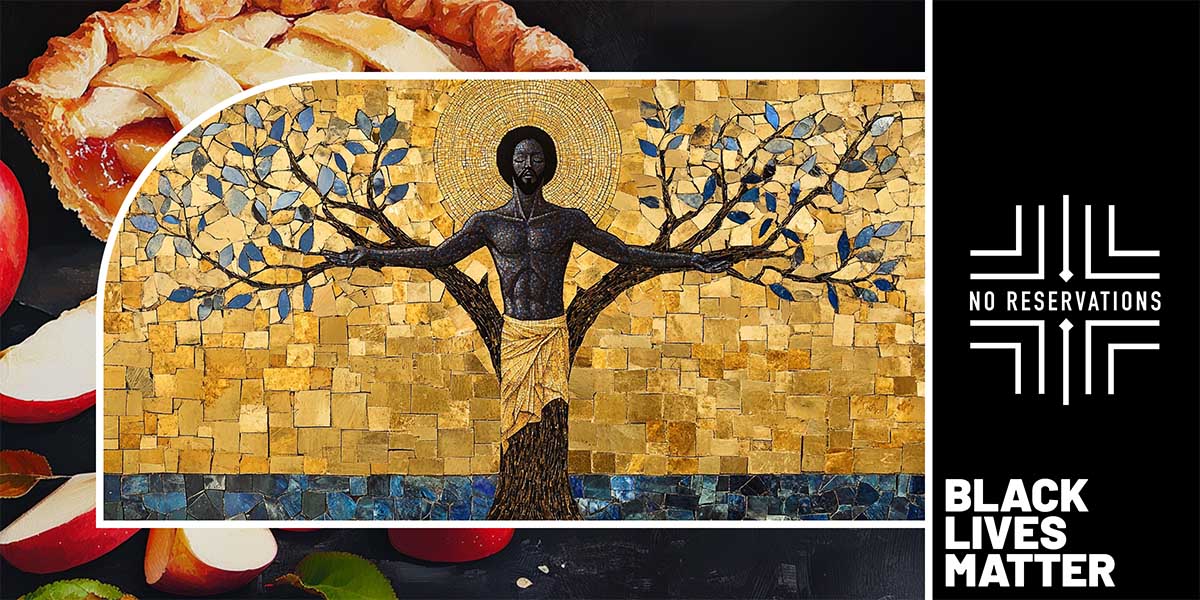“Out there, there are no saints! Just people! Angry, scared, determined people, who are going to do whatever it takes to survive, whether it meets with Federation approval or not!” – Captain Benjamin Sisko
I know that the reviews for Star Trek: Section 31 have been some of the lowest on Rotten Tomatoes since Star Trek V: The Final Frontier, and to be fair, some of the criticism is warranted. But I’d like to shine a different light on this latest iteration of Star Trek.
Section 31 speaks not just to the Star Trek universe but to the stark realities of our modern society. It challenges the utopian vision of the Federation, a vision that, for many, has always felt just out of reach. The Federation has long been portrayed as an egalitarian paradise, but for those on its margins—the disenfranchised, the exploited, the ignored—utopia is nothing more than an illusion.
This is not a new concept. Star Trek: Deep Space Nine first introduced Section 31 as the Federation’s shadowy intelligence arm, an organization willing to compromise the Federation’s ethical ideals for the sake of security. The idea was shocking at the time—wasn’t Star Trek about a future without moral ambiguity? But what Deep Space Nine and now Section 31 make clear is that utopia does not exist for everyone. There are those who live outside the Federation’s protection, and for them, the galaxy is a dangerous, lawless place where survival often means making choices Starfleet officers would never have to face.
What I love about Section 31 is its exploration of the periphery—the shadowy corners of Federation society where the vulnerable struggle to survive, where entire races and civilizations are left in political and economic limbo, ignored by those in power. The film offers a necessary, if uncomfortable, perspective on what happens when societies prioritize those in the center—those who look and act like the ruling majority—while dismissing those on the edges.
This is not just a science-fiction dilemma; it is a profoundly theological one. The Hebrew prophets and Jesus himself centered their ministries on the marginalized, consistently warning that the health of any society is measured by the well-being of its most vulnerable members. The scriptures do not teach that we should merely be aware of the margins—they call us to engage them, to stand in solidarity with those pushed aside, to recognize that a society that forgets the forgotten is doomed to moral decay.
Star Trek has always been at its best when it isn’t afraid to ask these hard questions. Deep Space Nine, Enterprise, and Strange New Worlds have all examined the lives of those beyond the Federation’s core worlds—those left to fend for themselves, those wrestling with what it means to survive in a universe that so often looks away. Even the much-maligned Star Trek V and the underrated Star Trek: Insurrection touched on these themes, showing the moral compromises made when power structures ignore the suffering of the few for the convenience of the many.
The best Star Trek stories challenge the illusion that moral clarity is easy. They explore what happens when belief systems and institutions are tested, when Starfleet officers must choose between duty and conscience, when the Federation’s lofty ideals collide with the realities of a galaxy that is far from perfect. And in an era where the unchecked power of technology is shaping our world in ways that feel increasingly god-like, Section 31 reminds us of a question that still haunts Star Trek lore: What does God need with a starship?
That line, spoken by Captain Kirk in Star Trek V, was less about divine beings and more about human nature. It is a challenge to the impulse to look outward for salvation rather than within, to trust in institutions rather than in the radical potential of human and intergalactic community. It is a question that echoes in our world today, where the forces of power and technology often appear to outstrip ethical responsibility.
Section 31 has its flaws, but it is a welcome addition to Star Trek canon. It dares to expand the boundaries of what Trek can be, forcing us to look at the shadows of utopia rather than simply basking in its light. And that is the work of true visionaries—not to comfort us with an illusion, but to remind us that justice, like exploration, is an ongoing journey.
So, to Paramount, I say: keep pushing these boundaries. Keep telling stories that challenge, that unsettle, that provoke reflection. Make Star Trek what it has always been at its best—a mirror, not just to our highest aspirations, but to our deepest struggles.
Godspeed to this iteration of Star Trek, and to those who dare to explore the margins.
So say we all. Amen.
By: Rev. Dr. Harold Marrero
Rev. Dr. Marrero is the founding pastor of No Reservations, a faith community dedicated to radical authenticity, psychological healing, and spiritual transformation. A theologian, activist, and advocate for the marginalized, he challenges conventional faith models to create a space where introspection, justice, and divine connection intersect.





